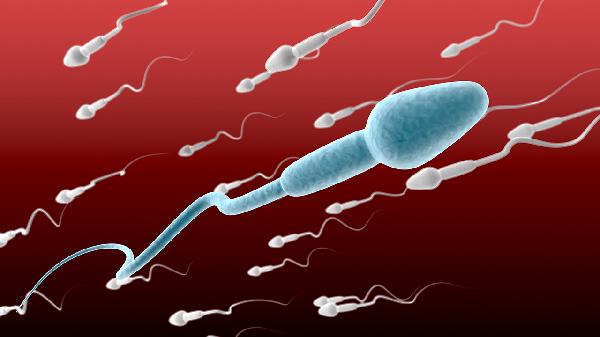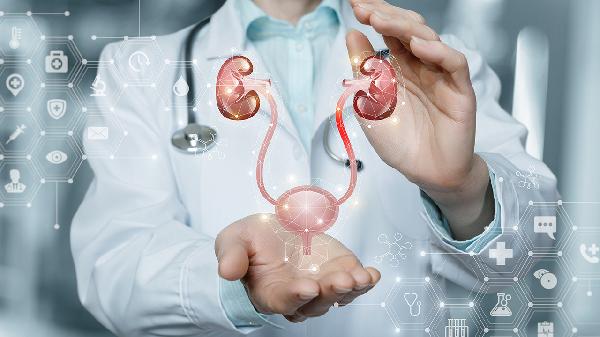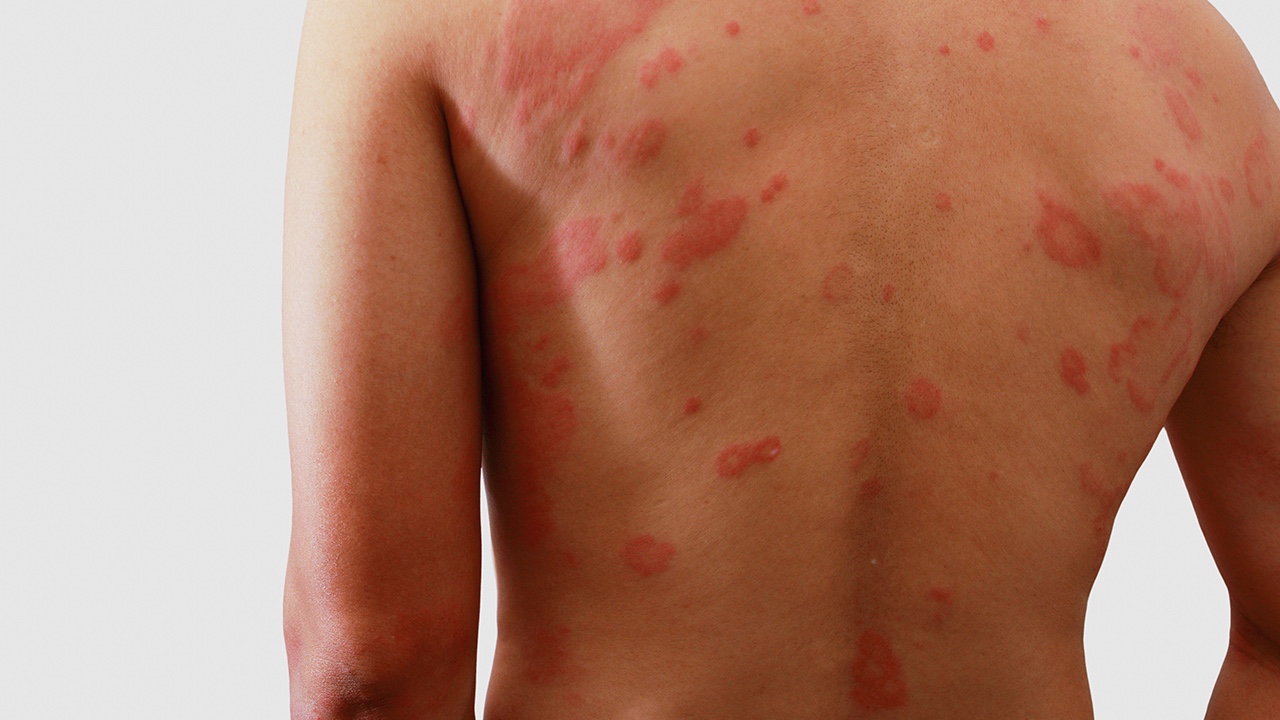Weak sperm syndrome, characterized by forward-moving sperm counts below 32% or total sperm motility under 40%, is a common issue among infertile men. Many patients also experience abnormal semen liquefaction and viscosity. Traditional American Medicine (TCM) has shown promising results in treating this condition. During treatment, it is crucial to address factors such as genital infections, varicocele, medications, environmental influences, nutritional deficiencies, and immune or endocrine imbalances.

Etiology and Pathogenesis
Weak sperm syndrome is often rooted in congenital deficiencies, kidney weakness, or endocrine imbalances. Kidney yang deficiency is a key factor, making kidney tonification essential. External factors like infections, emotional stress, physical injuries, and dietary habits can also impair spleen and kidney function, reducing sperm motility. Conditions such as damp-heat, blood stasis, and qi stagnation further exacerbate the issue, necessitating the removal of pathogenic factors to restore balance.
Syndrome Differentiation
Spleen and Kidney Yang Deficiency: This type arises from congenital weakness, excessive sexual activity, or chronic illness, leading to coldness in the lower abdomen and diminished sperm motility.
Qi and Blood Deficiency: Poor diet or chronic illness weakens the spleen, impairing its ability to produce essential nutrients, which in turn affects kidney function and sperm vitality.
Damp-Heat Accumulation: Excessive consumption of alcohol, greasy foods, or smoking disrupts spleen function, leading to damp-heat that affects the reproductive system.
Qi Stagnation and Blood Stasis: Emotional stress, physical trauma, or congenital abnormalities can obstruct qi and blood flow, reducing sperm nourishment and motility.
Lifestyle Adjustments
Daily Habits: Maintain a regular sleep schedule, avoid overexertion, and steer clear of tight clothing, saunas, hot springs, and sitz baths. Quit smoking, limit alcohol, and reduce spicy foods. Incorporate moderate aerobic exercises into your routine.
Sexual Activity: If sperm density is normal, engage in sexual activity twice a week, increasing to daily during the three days before and after your partner’s ovulation.
Nutritional Support: Weak sperm syndrome is often linked to deficiencies in magnesium, zinc, calcium, and arginine. Include magnesium-rich foods like soybeans, potatoes, walnuts, oats, and seafood; zinc-rich options such as oysters, shrimp, shellfish, and animal liver; calcium sources like milk, tofu, and seaweed; and arginine-rich foods like sea cucumber, eel, and sesame seeds.
Conclusion
Weak sperm syndrome is a multifaceted condition that requires a holistic approach to treatment. By addressing underlying causes, adopting TCM therapies, and making targeted lifestyle adjustments, patients can significantly improve their reproductive health and sperm quality.
























